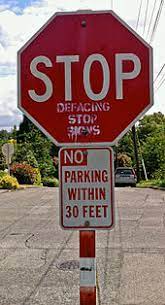English 3 Literary Terms Part I
0.0(0)
0.0(0)
Card Sorting
1/23
Earn XP
Description and Tags
english 3 honors - ms. york - first quiz
English
Vocabulary
figurative language
figures of speech
vocab
york
junior
study
studying
study set
honors
quiz
flashback
simile
metaphor
allusion
idiom
foreshadowing
pun
imagery
conflict
external conflict
internal conflict
hyperbole
diction
irony
verbal irony
situational irony
dramatic irony
metaphor
define
definition
alliteration
personification
onomatopoeia
understatement
archetype
pictures
photos
examples
11th
Study Analytics
Name | Mastery | Learn | Test | Matching | Spaced | Call with Kai |
|---|
No study sessions yet.
24 Terms
1
New cards
flashback
when writers insert interruptions in their writing to describe past events in order to provide background or context to the current events of the narrative
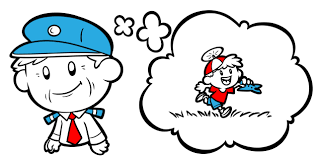
2
New cards
simile
comparison between two different things using “like” or “as”
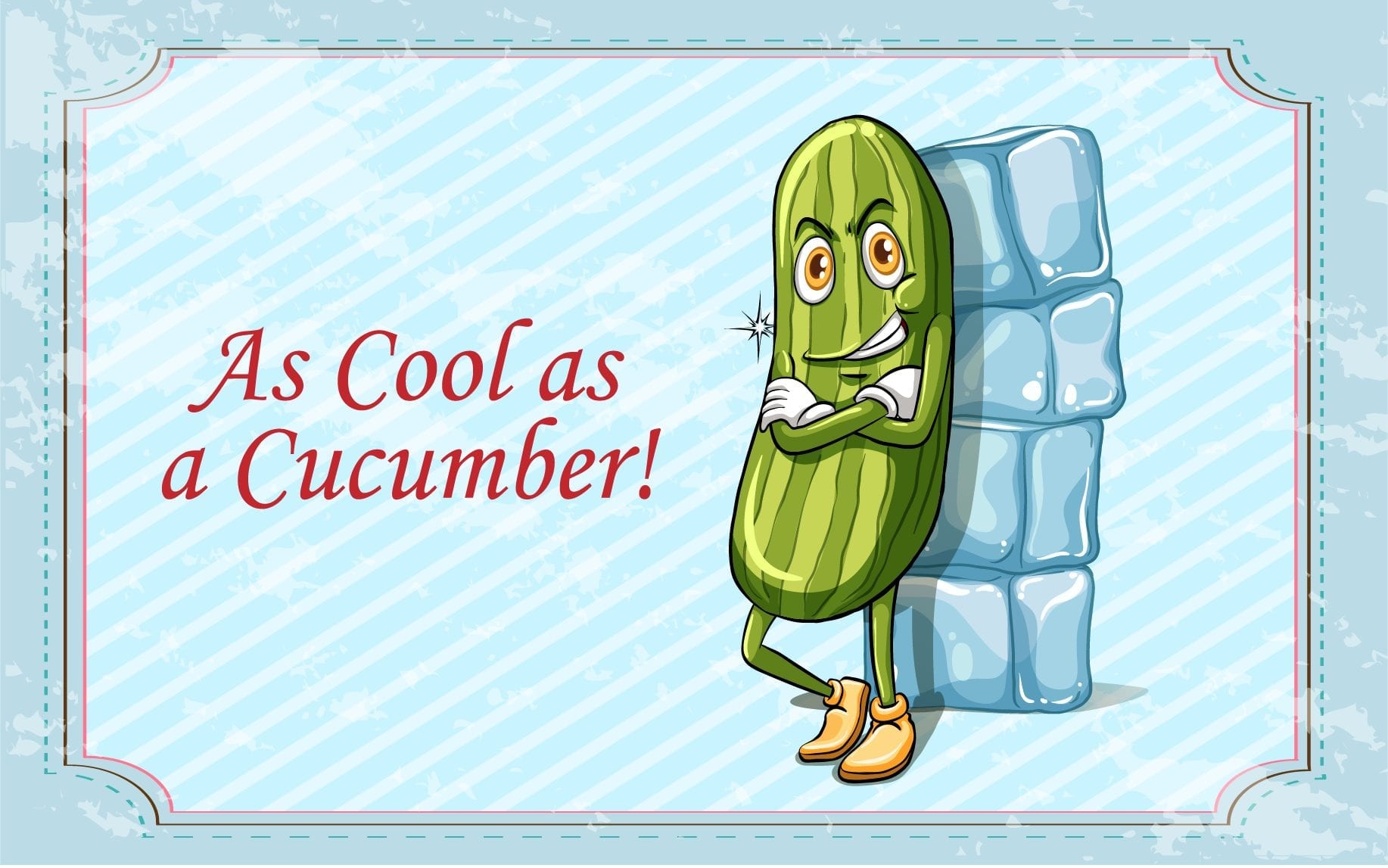
3
New cards
idiom
saying that means something different than a literal translation of the words
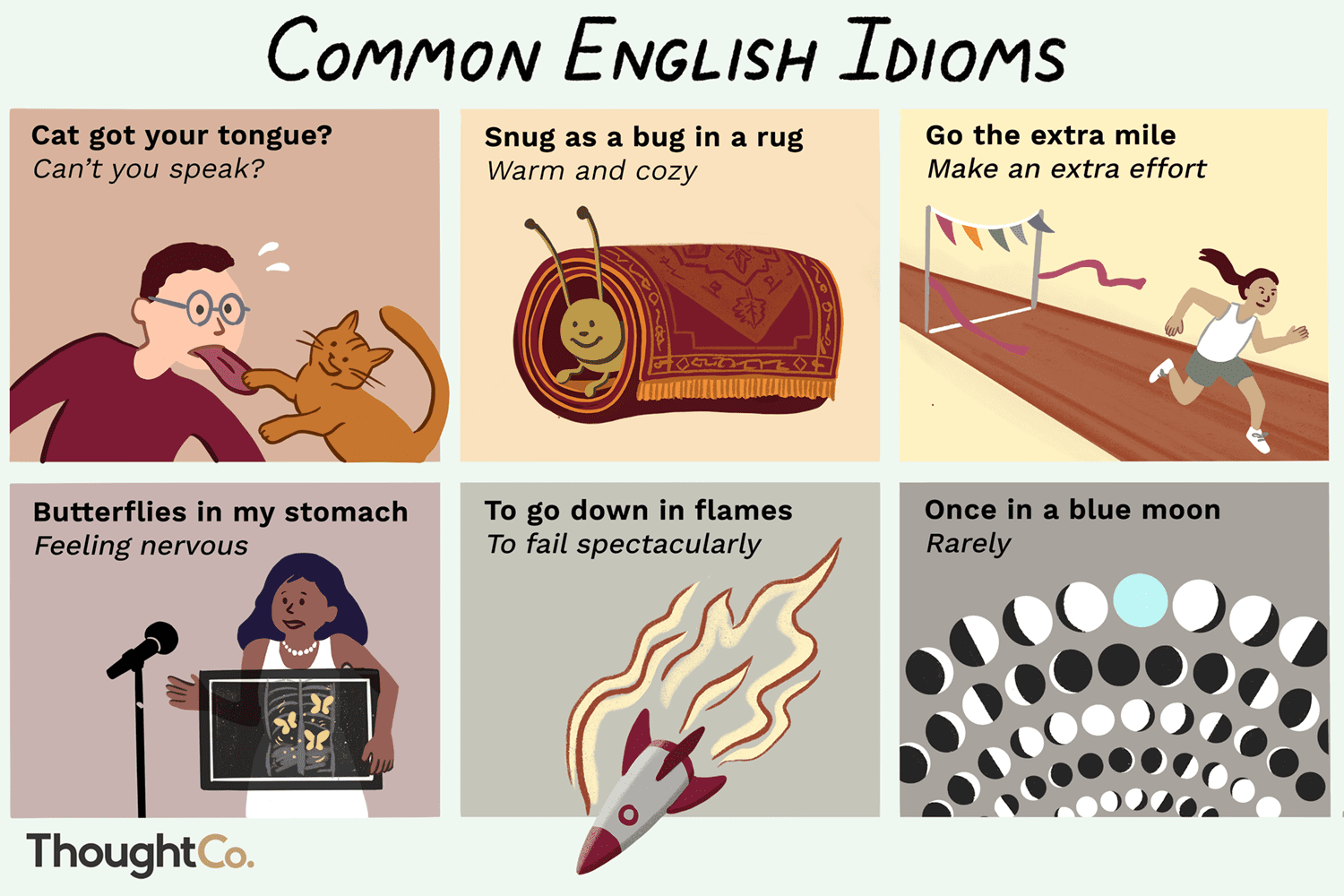
4
New cards
foreshadowing
when the author hints towards future events in the story
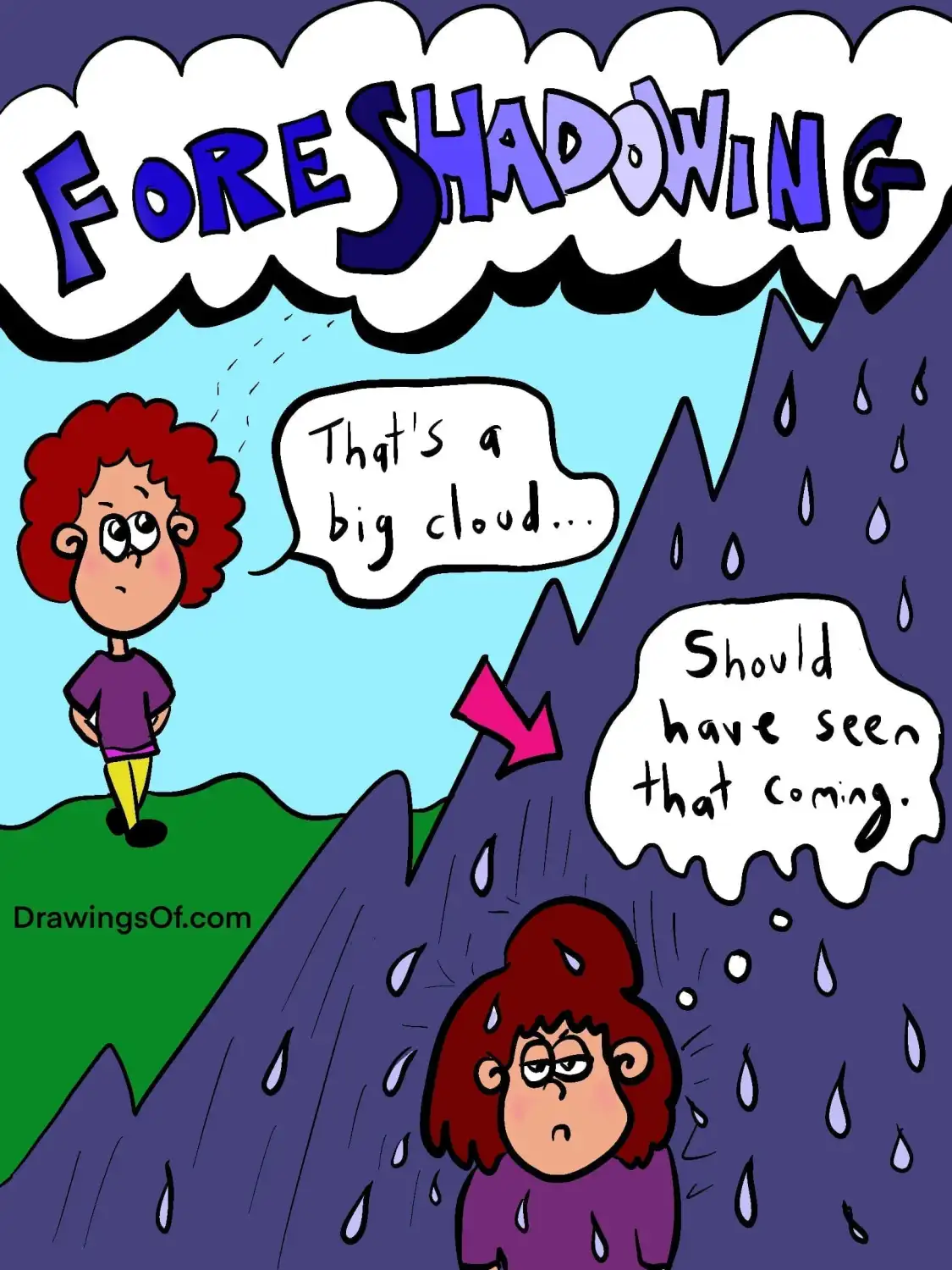
5
New cards
pun
play on words - centers on a word with multiple meanings or two words that sound alike
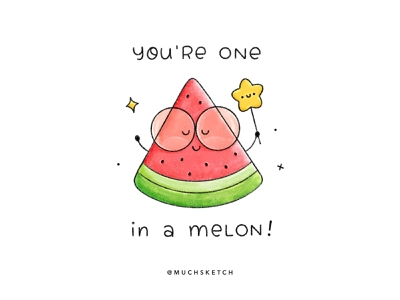
6
New cards
imagery
describing objects, actions, and ideas in a way that appeals to our physical senses
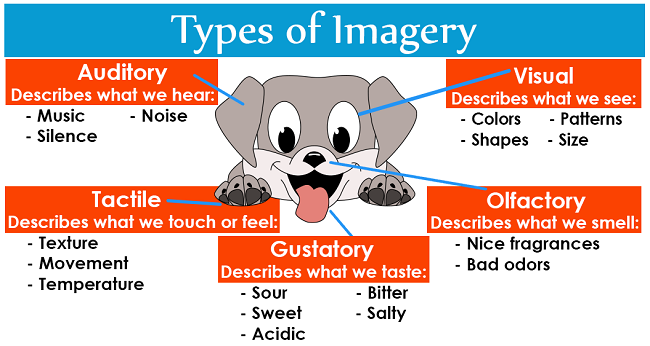
7
New cards
conflict
struggle between opposing forces; drives dramatic action of the plot

8
New cards
external conflict
struggle between a character and an outside force, such as nature or another character

9
New cards
hyperbole
extreme exaggeration to make a point or show emphasis
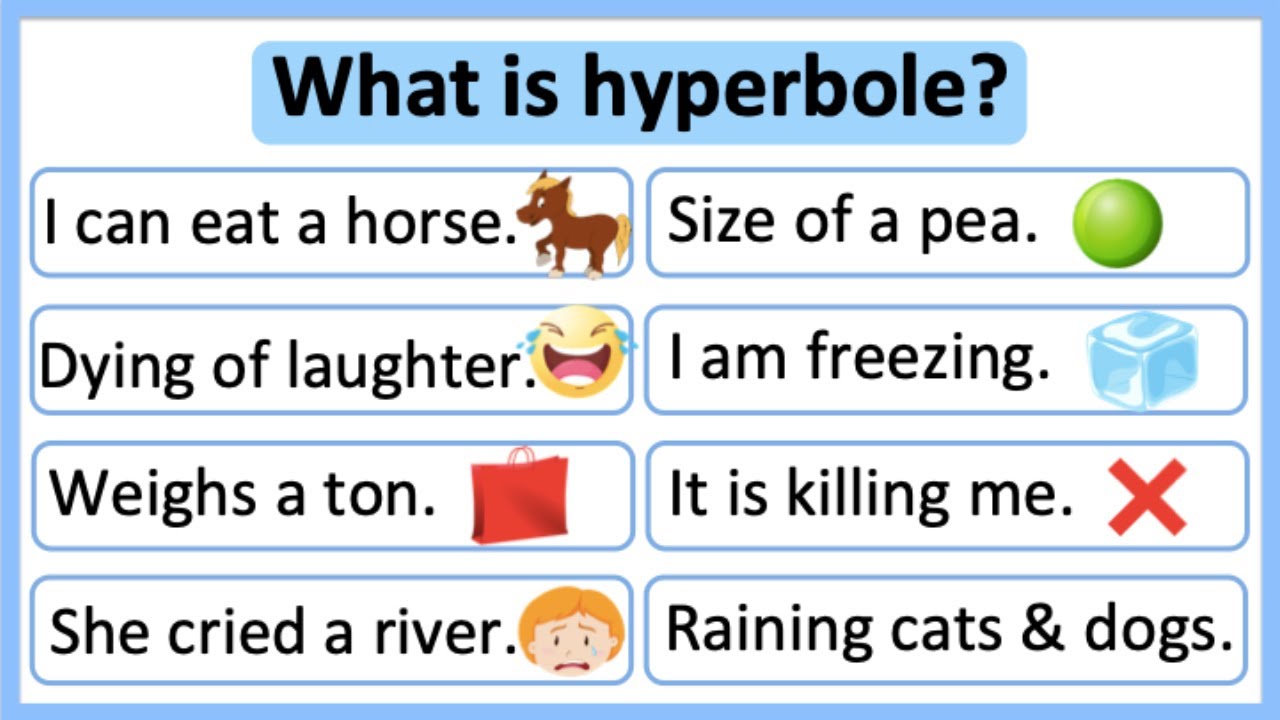
10
New cards
diction
choice of words of a speaker or writer; style of speaking/writing
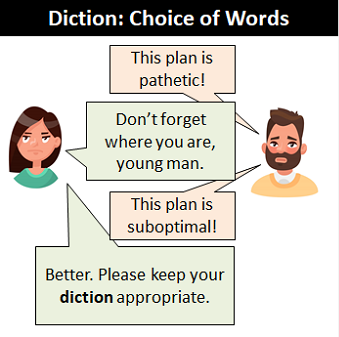
11
New cards
verbal irony
a person says or writes one thing but means another; sarcasm
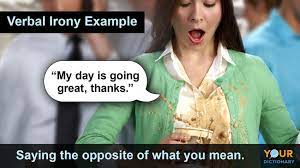
12
New cards
metaphor
comparison between two things not using like or as
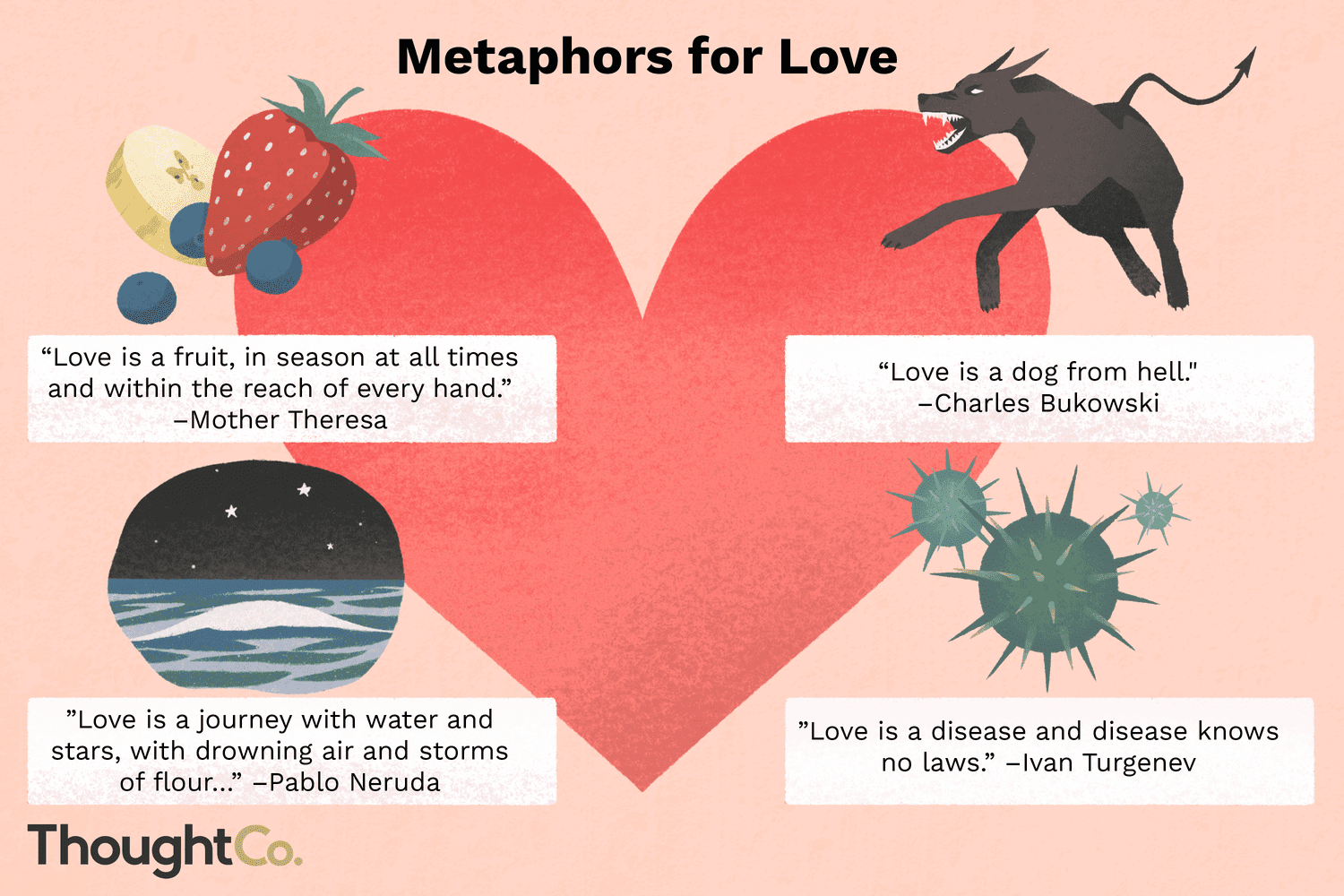
13
New cards
figurative language
figures of speech used to be more effective, persuasive, and impactful
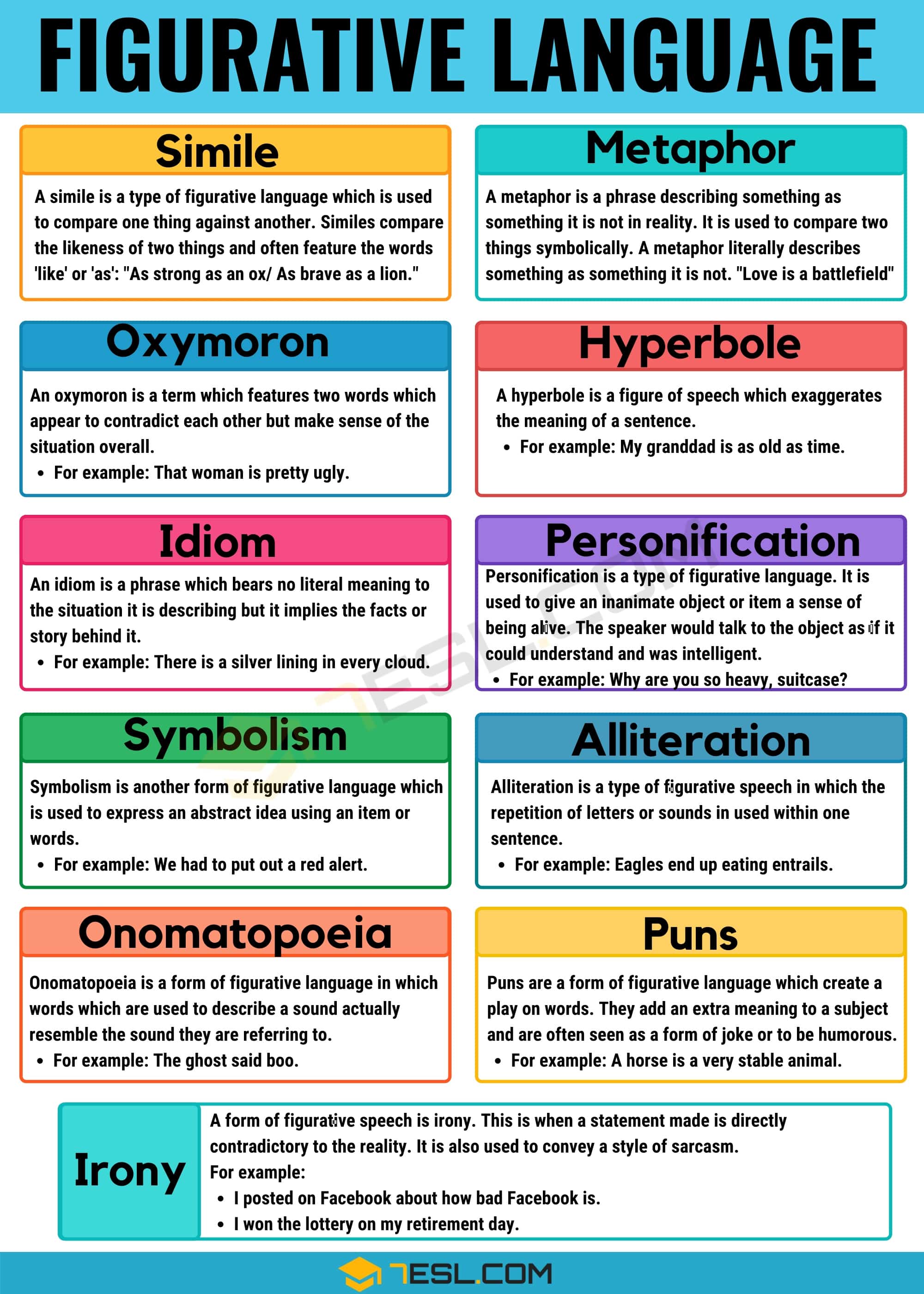
14
New cards
alliteration
two or more words in a phrase or line of text share the same beginning consonant sound
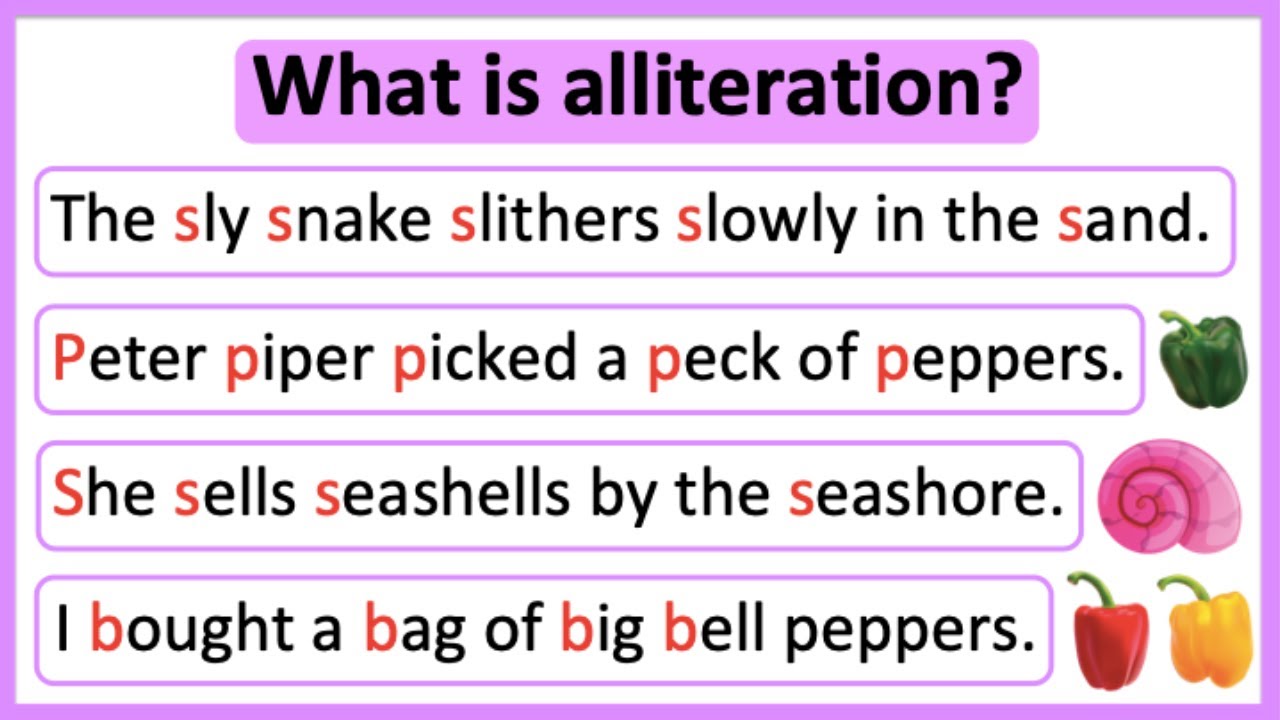
15
New cards
situational irony
incongruity between what is expected to happen and what actually happens
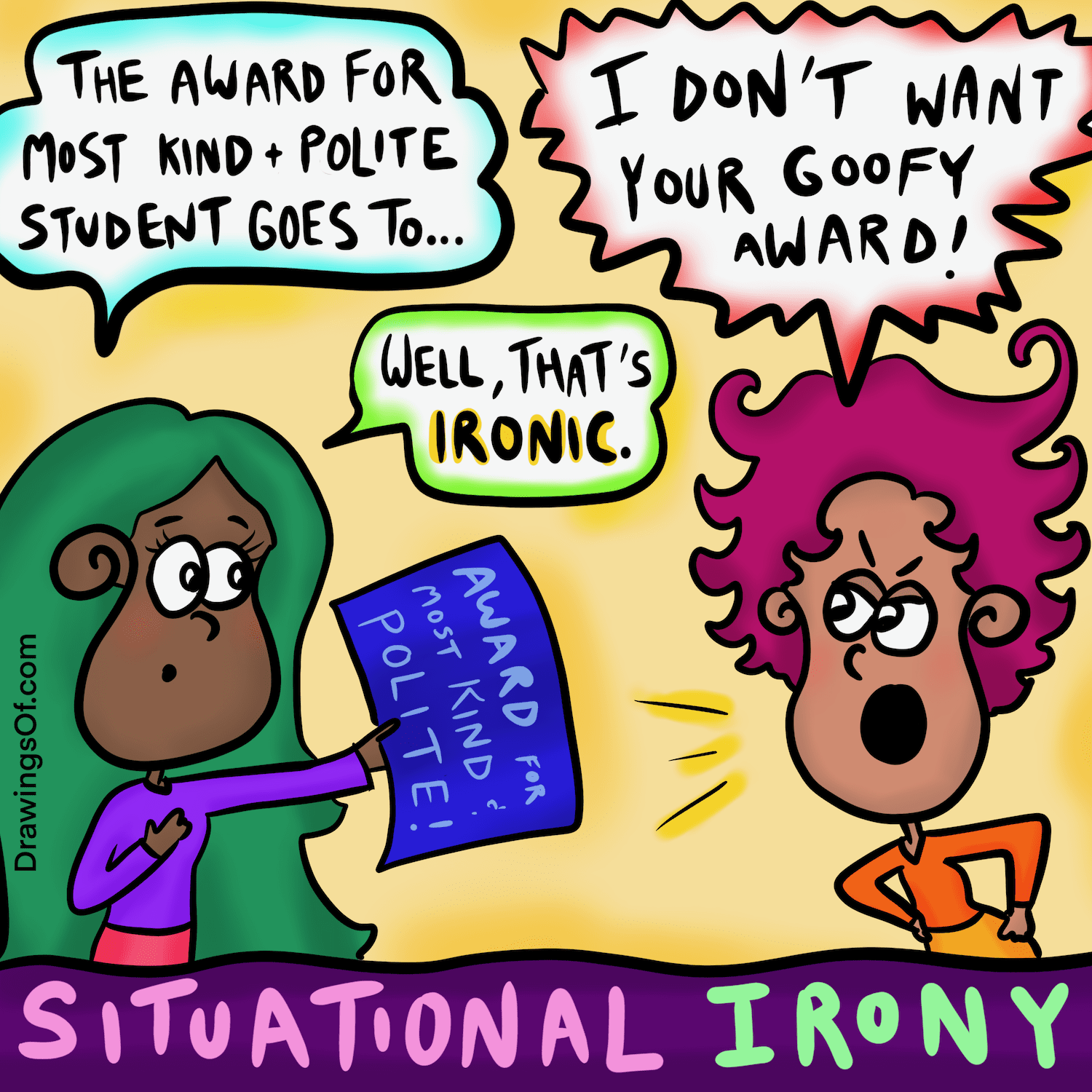
16
New cards
internal conflict
psychological struggle within the mind of a character

17
New cards
personification
giving human characteristics to non-human things
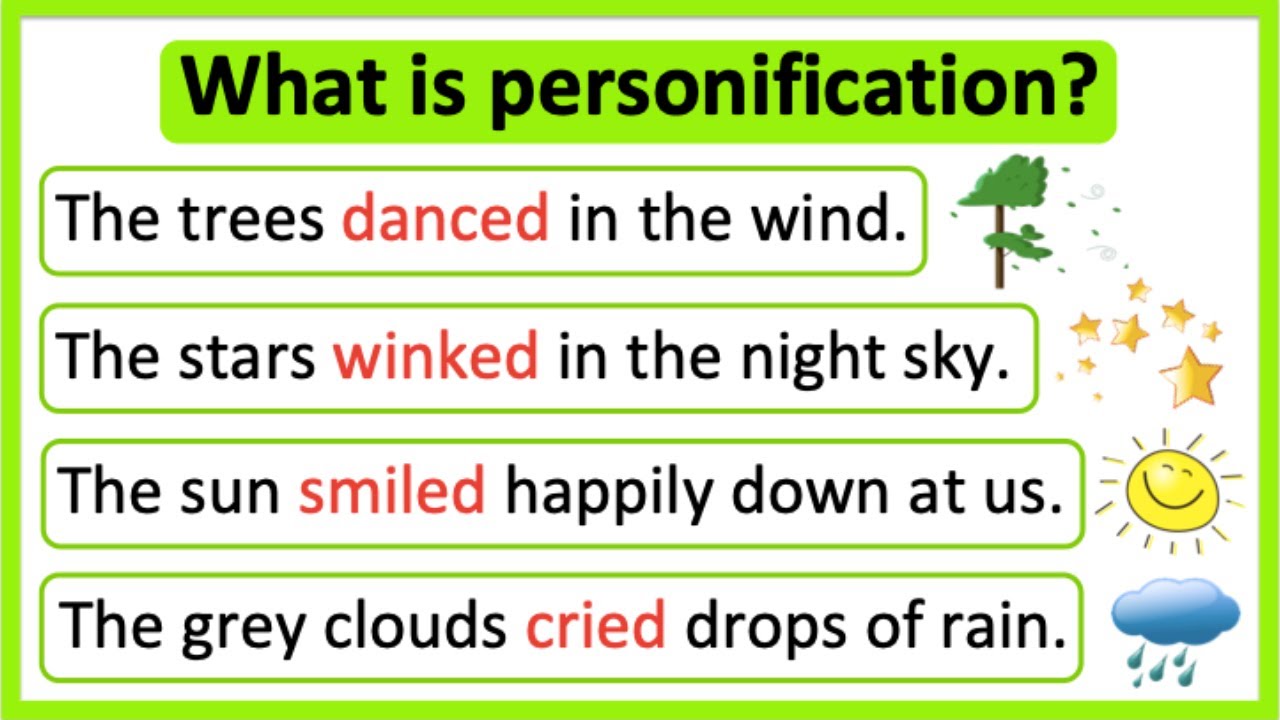
18
New cards
onomatopoeia
word which imitates the natural sound of a thing; written sound effect
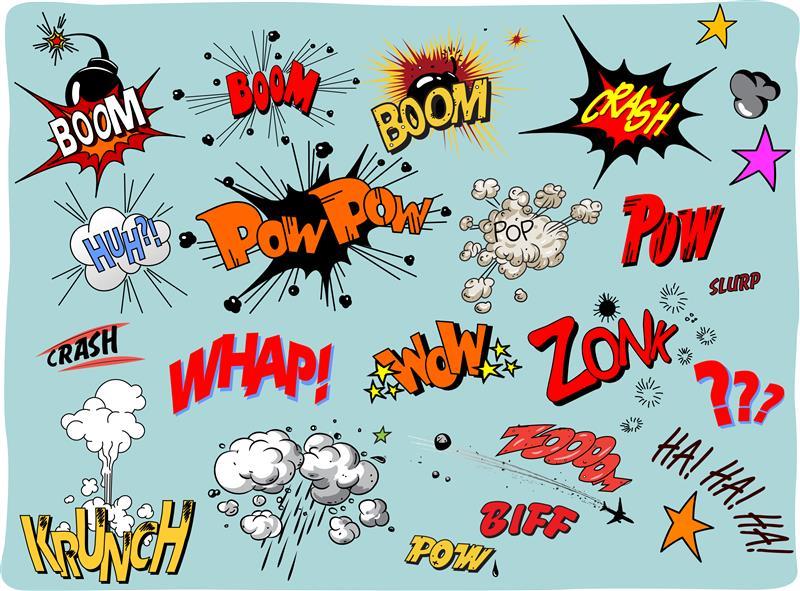
19
New cards
oxymoron
two contradictory words put together in one phrase
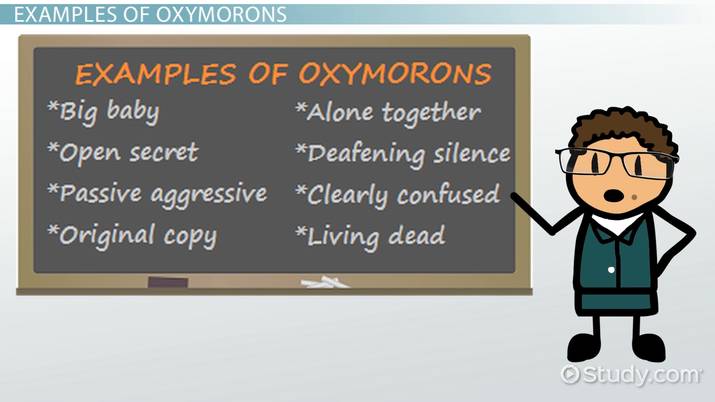
20
New cards
understatement
writer/speaker intentionally downplaying a situation or making it seem less important than it really is

21
New cards
archetype
typical example of a person or thing, universal character type
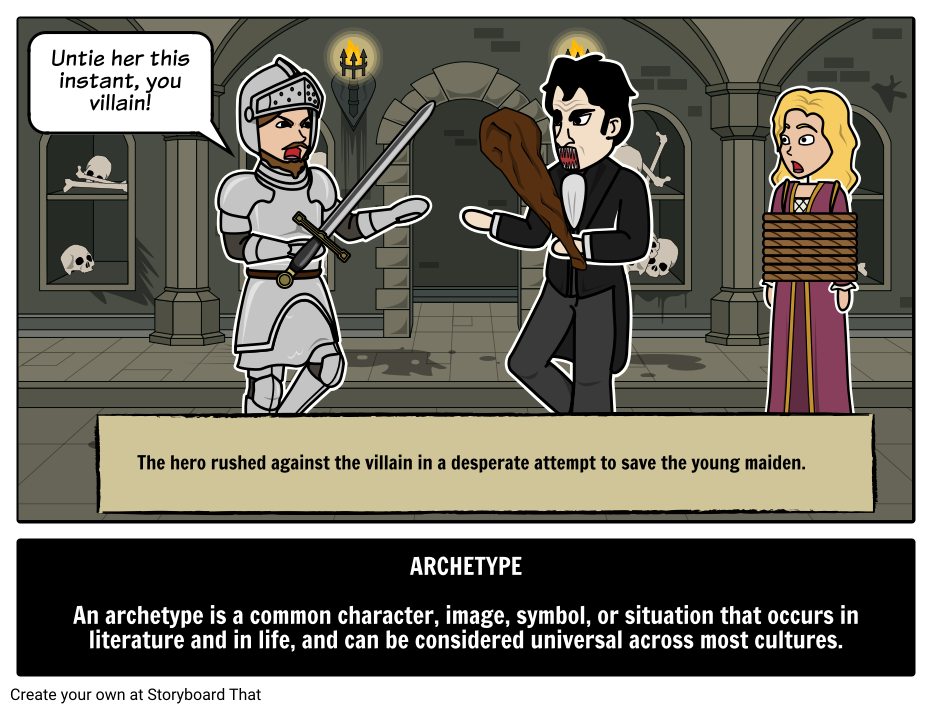
22
New cards
dramatic irony
when the audience knows something the characters do not

23
New cards
allusion
reference to a well-known story, event, person, or object to make a comparison in the reader’s mind
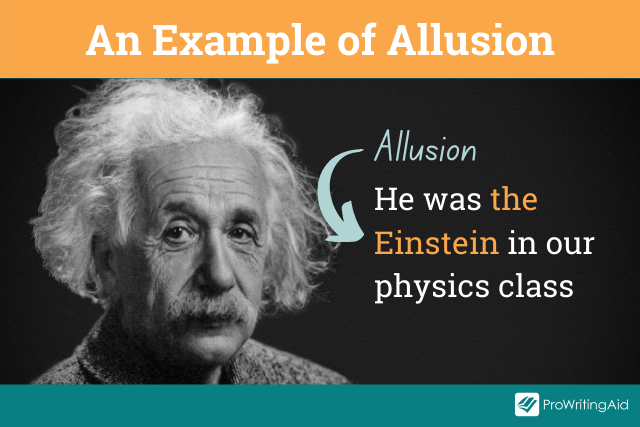
24
New cards
irony
contrast or incongruity between expectations and reality
